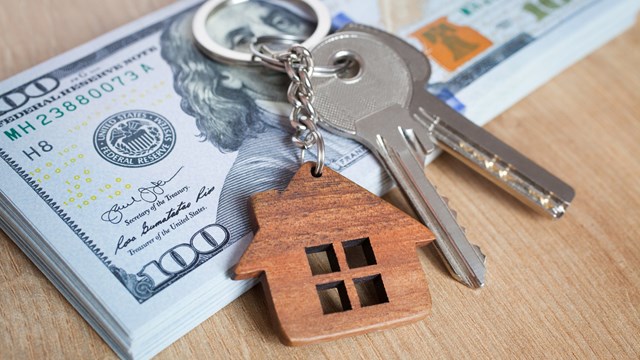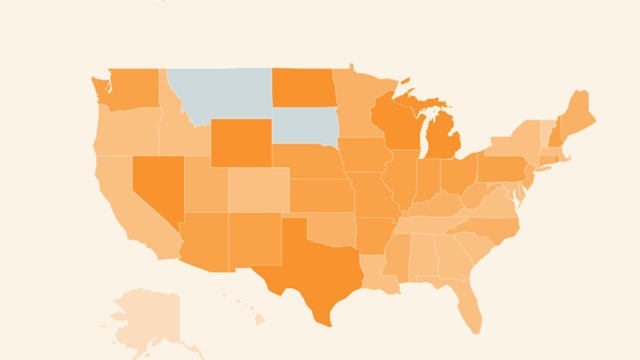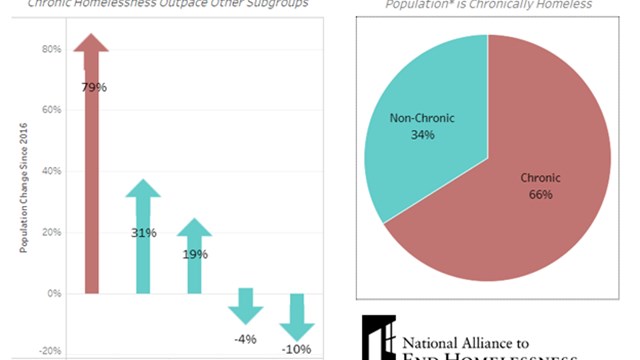As the housing market boomed in the early parts of the last decade, apartments in New York City seemed to be snapped up mere days (sometimes mere hours) after being put on the market. As the trend continued, thousands of people set out to get their real estate license and become professional brokers in hopes of cashing in on the frenzied market.
However, even with the market raging, the small number of available properties and the sudden increase in sellers made for some very unhappy brokers, as many of these new agents found they had no properties to represent. Now, the situation is even more tense, as many in the industry believe that the New York City market is leveling off.
“About 20 percent of brokers in Manhattan do most of the business—it’s always been that way,” says Phyllis Pezenik, vice president of sales and listings for DJK Residential. “Those are the brokers that make real estate a serious career and put in the time and effort. As a result of more brokers in the market, Manhattan brokerage firms have changed by seeking more exclusive listings and focusing on marketing to grow their brand.”
License To Sell
According to Steven Spinola, president of the Real Estate Board of New York (REBNY), there are about 65,000 licensed real estate agents in New York City, which breaks down to about 41,000 who are salespeople and 24,000 who are brokers.
“Obviously, the rules are you have to be a salesperson first and then get a little bit of experience and then take additional hours of education and pass a new test to become a broker,” Spinola says. “When you are a salesperson, your license is held by a broker.”
As for the difference between a broker and sales agent, Neil Binder, a principal of Bellmarc Realty, explains it this way.
“The broker can present himself as being licensed to perform a real estate transaction with a seller and a buyer,” he said. “A real estate agent must present themselves with being affiliated with a broker and under that broker’s direction. An agent is acting within the parameters of the broker. You have to be an agent for I believe two years before you qualify to become a broker.”
The current rules for becoming a sales agent are that candidates must complete 45 hours at an accredited school and pass a school and state exam to attain a license. To qualify to become a broker, sales agents must accrue a certain amount of industry experience and points from sales and rental transactions. Once the agent has enough points, they then must take a 90-hour broker class and again pass a school and state test.
“Things are changing a little,” says Spinola. “After July 1st of this year, if you want to become a sales agent you will need 75 hours instead of 45.” Qualifications for becoming a broker have also changed. After July 1st applicants will need two years experience as a salesperson or three years equivalent real estate experience and 120 hours of classroom instruction before being eligible to take and pass the state exam.
Numbers Game
In 2007 there were a little over 31,000 co-ops and condos sold citywide, with the number broken down pretty evenly between the two types of properties. In Manhattan alone, the number was 17,000 units sold, which was up a bit from 2006.
Spinola explains that when looking at the housing market, it’s better to look at these numbers, because many people put their properties on the market simply to see what it’s worth with no intention of ever selling.
As for the brokers, Binder says there are still plenty to go around. “I would say there has been a dramatic increase—probably around a 100 percent increase—in the number of people selling apartments over the last five years,” he says. “The last three years that 100 percent has gone down to 75 percent, but there are still a lot.”
So far in 2008, there is some debate over whether the market is truly slowing down. But even with fewer homes on the market, having a lot of brokers may not necessarily be a bad thing.
“I think the more brokers who are out there means the clients and customers—both buyers and sellers—will have more people to choose from, which can be a good thing,” Spinola says. “I recommend you sit down and interview a couple of them to find one that you believe can offer you the kind of service you’re interested in. Ask yourself if this is someone you believe you can work with.”
Factors to consider when choosing a realtor are their reputation, confidence and whether they’re someone you feel you can trust and work with, with a personality that matches your own. According to Binder, there’s no limit on the number of agents who can show a given property—so it’s up to the customer to choose between a boutique firm that personalizes, or a large firm that offers them more services or marketing muscle.
Money Matters
Real estate agents are classified as independent contractors and receive commissions for sales rather than a regular salary, although each brokerage may have exceptions based on the volume of sales that salesperson brings in through the years.
“Broker commissions have not really changed over the last 10 years,” Pezenik says. “The amount earned through commissions has risen as a result of higher prices. Most companies have a sliding scale for dividing commissions between the company and brokers. It is usually around 50/50 to start. As the amount of business the individual does increases, most firms will adjust the split in the broker’s favor.”
When an apartment comes up for sale, usually there is someone who represents the buyer and someone who represents the seller, and when a sale is made, the broker’s share of the commission is split in half.
“The typical commission is six percent, so each side is designated three percent,” Binder says. And if there is just one broker for both buyer and seller? “There are many instances where people pay us the full six percent but some cases where people will negotiate to reduce it and it can go as low as four percent.”
Exclusive vs. Open
When a real estate agent has an exclusive listing, it means he or she has a written agreement with the seller for a period of time (anywhere from 90 days to six months or more depending on the agreement) to be the exclusive agent for sale of the property.
“Once you do that, if another broker brings in a potential buyer, you are entitled to share that commission with the potential buyer’s broker,” Spinola says. “With open listings, the seller doesn’t give exclusive rights—and even if you put a lot of effort and time in [as the seller’s broker], if someone else makes the sale, you could get nothing.”
An exclusive right to sell listing pretty much guarantees some type of commission for the participating broker. Most brokers prefer going the exclusive right to sell route because the belief is, if they are going to make an effort both in time and resources to promote the property to market, they feel they should get some sort of protection and remuneration.
“If we provide a whole amount of effort and time, you should not ignore our action,” Binder says. “If someone gets the promotional postcard I sent and knocks on the door of the property, they may make a deal directly with the owner and I would be out.”
The number of New York City apartments under exclusive now is 90 percent of the market, as compared to 10 years ago when it was 50 percent, and 25 years ago when “exclusives” were unheard of.
“The amount of exclusive listings on the market is related to market conditions and inventory,” Pezenik says. “When the Manhattan market was red hot, there were a lot of exclusive listings because there was more available inventory. More inventory meant that sellers had to do more to differentiate their properties. Right now there is not a lot of inventory in the Manhattan market, so sellers do not feel the same need to list exclusively because buyers do not have as many choices.”
It’s Real Work
Since there is no multiple listing service (MLS) to speak of in New York, every brokerage company pays to use search engines to provide agents with listings. Agents primarily have access to listings through these search engines, but also obtain listings through management companies, landlords and individuals.
“The best brokers know the importance of relationship building, networking and joining organizations,” Pezenik says. “They scout buildings on a regular basis and maintain and grow their relationships by being visible in the marketplace and putting in the time. Real estate takes hard work—it’s a career, not a hobby.”
Listings are considered the bloodlines of agents and are found in a variety of ways. Agents may have good reputations, and word-of-mouth can find them clients. Branding comes into play because people have heard of firms and call them up to represent them. Then there’s solicitation, mailings, marketing, the Internet, etc.
“All firms work the same way,” says Binder. “We hustle and work hard and get out there and present ourselves.”
REBNY has a residential listing service for anyone who is a member that lists every listing within 24 hours of any member listing.
“We encouraged brokers to co-broke with each other,” Spinola says. “If [one firm] has a listing and then it goes out electronically to 400 firms participating in our system and if another finds an interested buyer, the two brokers will work together to make that transaction happen.”
So, even though New York is home to a great number of brokers and sales agents, this gives the buyer and seller choices to make the right decision on who represents them, which is better for everyone.
Keith Loria is a freelance writer and a frequent contributor to The Cooperator.







Comments
Leave a Comment